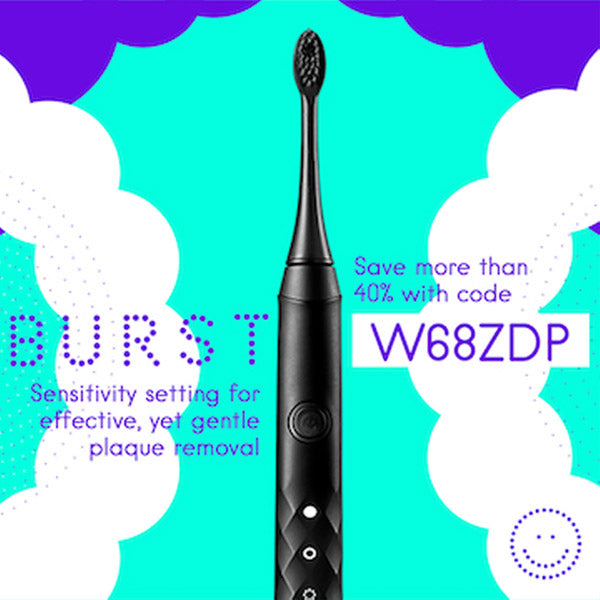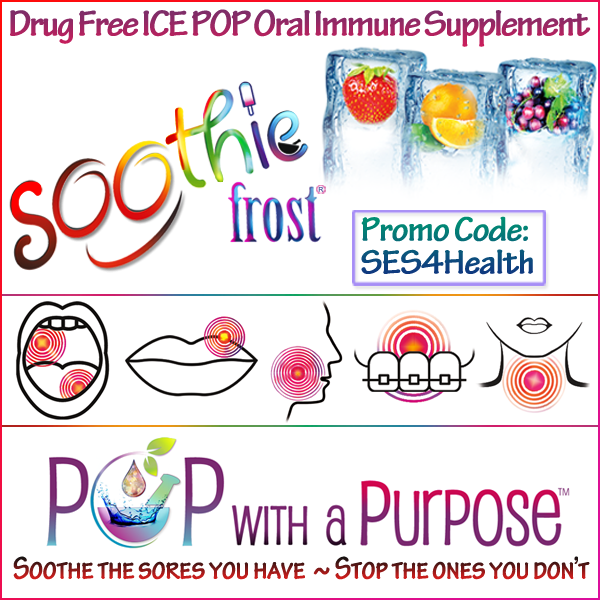What’s So Magic About Magic Mouthwash?

What's So Magic About Magic Mouthwash?
Author: Jill Meyer-Lippert
Updated January 10, 2019
Sores within your mouth and throat can occur from many types of chemotherapy as well as radiation therapy to the head & neck region. Those receiving high-dose chemotherapy as part of a Stem Cell/Bone Marrow Transplant are extremely susceptible to developing mouth sores called mucositis. Oral mucositis can make eating and swallowing difficult, resulting in nutritional concerns and weight loss. Open sores can also put you at risk for developing serious infections.
Your Physician may prescribe a mouthwash called Magic Mouthwash to ease the discomfort of oral mucositis. There is not just one recipe for Magic Mouthwash. A few premixed versions are available, including FIRST® - Mouthwash BLM, FIRST® - BXN Mouthwash, and FIRST® - Duke's or Mary's Mouthwash. Many times, the rinse will be mixed by your pharmacist according to a recipe ordered by your doctor.
Magic Mouthwash Ingredients
Most recipes for Magic Mouthwash will include three or more of the following ingredients:
- A coating agent like Maalox or Mylanta
- An antihistamine/anti-inflammatory like Diphenhydramine
- An anesthetic to numb the pain, such as Lidocaine
- A corticosteroid to reduce inflammation
- An antibiotic to prevent bacterial infections
- An antifungal agent for oral candida infections (thrush), such as Nystatin
Additional medications may be included specific to your needs and physician preference.
Side Effects Of Magic Mouthwash
Side effects may include
- Burning sensation in mouth and throat
- nausea
- diarrhea
- constipation
- drowsiness
Side effects may vary depending on the ingredients used and are more likely to occur if your instructions include swishing and swallowing the compound versus spitting it out.
So, what is so magic about Magic Mouthwash?
Although it is considered the "go to" rinse in the oncology world for easing oral tissue pain during treatments for cancer, studies have shown these mixed medication rinses do not provide superior relief compared to simple baking soda and salt water rinses and may increase tissue irritation, dryness and taste changes.
The National Comprehensive Cancer Network (NCCN) Task Force Report: Prevention and Management of Mucositis in Cancer Care states, “Several studies have shown that for mild to moderate mucositis, bland saline rinses are as effective as these combination rinses and, obviously, much less expensive. Furthermore, nystatin has been shown to be ineffective in preventing oral candida colonization in a number of settings for immunocompromised patients.”
It is also important to note that some ingredients commonly used in Magic Mouthwash solutions, including Diphenhydramine and Nystatin, contain sucrose (sugar). Repeated exposure to sugar-containing liquid medications raises risks for developing cavities (tooth decay) and oral infections, especially in a dry mouth.
If you are prescribed Magic Mouthwash, discuss the ingredients and any associated risks with your doctor prior to its use. Inform your doctor of any allergies or sensitivities and ask if there are alternative options. If using Magic Mouthwash, report negative side effects as soon as possible and practice meticulous oral hygiene to prevent damage to your oral health.
Also see:
Experts: Magic Mouthwash Should 'Vanish Into Thin Air'
The American Academy of Nursing statement recommending against the use of Magic Mouthwash.
Oral Health in Cancer Therapy, A Guide for Healthcare Professionals
Oral Health Concerns of Liquid Medications
About The Author: Jill Meyer-Lippert is a Registered Dental Hygienist with 20+ years’ experience and the founder of Side Effect Support LLC, www.sideeffectsupport.com. She serves to promote proactive oral care in oncology to improve quality-of-life and treatment outcomes. For more information, email Jill at jill@sideeffectsupport.com or call (920)629-1263




